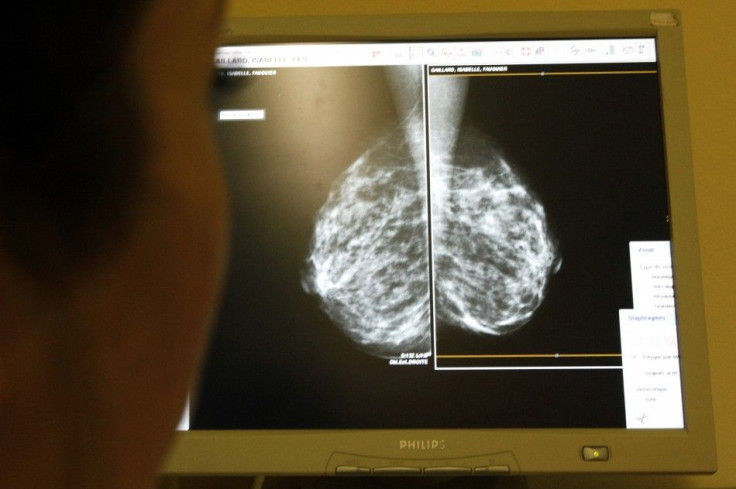US Cancer Death Rate Sees 'Record' Decline, How Will COVID-19 Impact Progress?
KEY POINTS
- Data shows a record decline in cancer deaths in the U.S.
- This follows the declining trend in cancer deaths since 1991
- COVID-19 disrupted the health system, including cancer screening and treatments
- It will take a while to find out how exactly COVID-19 is impacting cancer statistics
A recent report on cancer-related deaths in the U.S. shows a "record-breaking" drop in the last two years. But how might COVID-19 impact this progress?
Each year, the American Cancer Society (ACS) collects data on cancer in the U.S., and its latest report released on Tuesday revealed some rather uplifting news: the cancer death rate in the country is still on the decline.
Apart from the 31% drop in the cancer death rate from 1991 to 2018, the researchers observed a 2.4% decline in the cancer death rate from 2017 to 2018, which the ACS noted to be "the largest 1-year drop in cancer death rates."
The decline is mainly due to decreases in deaths from lung, colorectal, breast and prostate cancer, the four most common types of cancer.
As the ACS explained in a statement, the cancer death rate in the country was mainly increasing in the 20th century, particularly because of smoking. However, the death rate started to go down after its peak in 1991.
The numbers are reflective of the increased prevention and screening efforts as well as treatment advances in recent years. But there are still areas for improvement since cancer remains to be the second leading cause of death among men and women in the U.S., following heart disease.
COVID-19 Impact
The researchers also projected that there may be almost 1.9 million new cancer cases and 608,570 cancer deaths in the U.S. in 2021, but this still does not take into account the possible impact of the COVID-19 pandemic.
"In 2020, the diagnosis and treatment of cancer was [sic] hampered by the coronavirus disease 2019 [COVID‐19] pandemic," the researchers wrote in their report.
Even though there is now better access to health care and various advancements in treatment and diagnosis, the pandemic essentially interfered with the progress, with more people being hesitant to visit their doctors, either because they are worried that they will catch the virus at the facility or because they lost their jobs because of the pandemic, the organization explained.
For instance, the researchers noted a report of an 80 to 90% drop in screening for breast, colorectal and cervical cancer in March and April 2020 compared to the same period a year before. There was also a 73% drop in cervical cancer-preventing HPV vaccines from February to April 2020, the researchers wrote in the "Special Section: COVID-19 and Cancer."
"This delayed care will most likely show up as a brief drop in cancer diagnoses, followed in the years to come by a rise in late-stage diagnoses and cancer deaths," the ACS said in its statement.
The U.K. also saw similar issues amid its COVID-19 national lockdown. In a study published in The Lancet in July 2020, researchers estimated the possible impact of the COVID-19 lockdown-related diagnostic delays in cancer survival outcomes in four tumor types and found possible "substantial" increases in avoidable cancer deaths.
In another study published in November, researchers found out that even just a month of delay in cancer treatment could lead to a 6 to 13% increase in the risk of dying.
Apart from the disruptions in health care, the pandemic has also seen people pausing healthy habits and instead turning to alcohol, stress eating and taking time off from exercise, increasing the risk for health issues in the long-run. Even all-important cancer research has also faced significant challenges because of the pandemic.
However, how exactly COVID-19-related factors may affect future cancer diagnoses and deaths remains unclear, and it will likely take a while before we really find out.
"The full impact of the COVID-19 pandemic on cancer prevention and early detection will not be known until population-based nationwide data become available in the years to come," the researchers wrote.

© Copyright IBTimes 2024. All rights reserved.






















